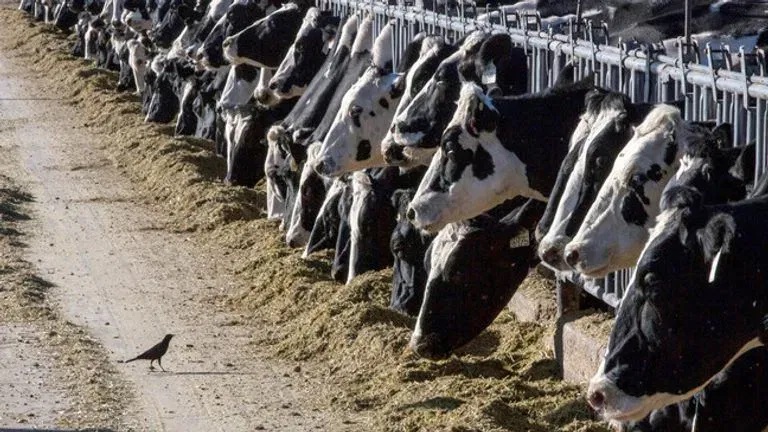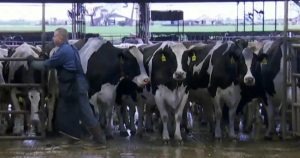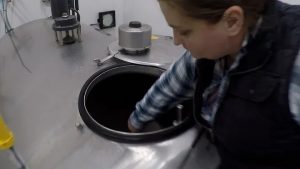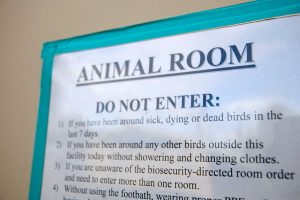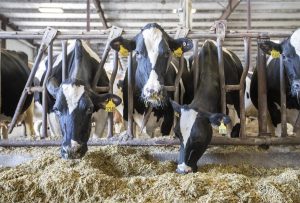
National biosecurity and public health experts are concerned about the lack of testing of dairy cows in Missouri as cases of bird flu rise in neighboring states such as Iowa and Kansas.
According to Amesh Adalja, an infectious disease physician and senior scholar at the Johns Hopkins Center for Health Security, there could be more states impacted by the virus than shown on the CDC’s official list.
“There’s not enough testing to know where we stand concerning this virus to adequately assess the risk,” said Adalja.
So far, only 18 of the roughly 60,000 dairy cows in Missouri have been tested, and they tested negative according to the Missouri Department of Agriculture.
However, Dr. Adalja added the importance for more farmers to test their dairy cows so that public health officials can effectively contain the outbreak.
“We don’t want to be chasing something before it’s too late. We want to be ahead of this. It’s always better to address issues earlier when they are controllable than after they spiral out of control,” stated Adalja.
Adalja understand farmers may be hesitant to test their dairy cows due to the stigma associated with avian influenza viruses.
“It’s a matter of commerce. What we are discussing are infectious economic commodities—dairy cows. There are a lot of stigmas that might be associated with having a farm test positive or having workers on a farm test positive, and there may be nervousness among farmers to allow that type of testing to occur,” explained Adalja.
Adalja encourages Missouri farmers to ensure the safety of their dairy cattle by testing them for the virus.
Symptoms include reduced milk production and loss of appetite. Adalja adds that there are resources provided by the CDC, USDA, and the Missouri Department of Agriculture to help reduce the cost of testing dairy cattle.
“I think it’s in the interest of farmers to try and take advantage of programs for testing so they can have a better understanding of what’s going on, which will lead to higher security. There are going to be more viruses from the avian flu family that we have to deal with in the future, and we want to make sure we have a robust system. It’s really important that we get this right when the stakes are a little bit lower.”
Currently, there are 144 cases in 12 states. For more information about resources for testing dairy cows for bird flu viruses, visit agriculture.mo.gov
You can now read the most important #news on #eDairyNews #Whatsapp channels!!!
🇺🇸 eDairy News INGLÊS: https://whatsapp.com/channel/0029VaKsjzGDTkJyIN6hcP1K
